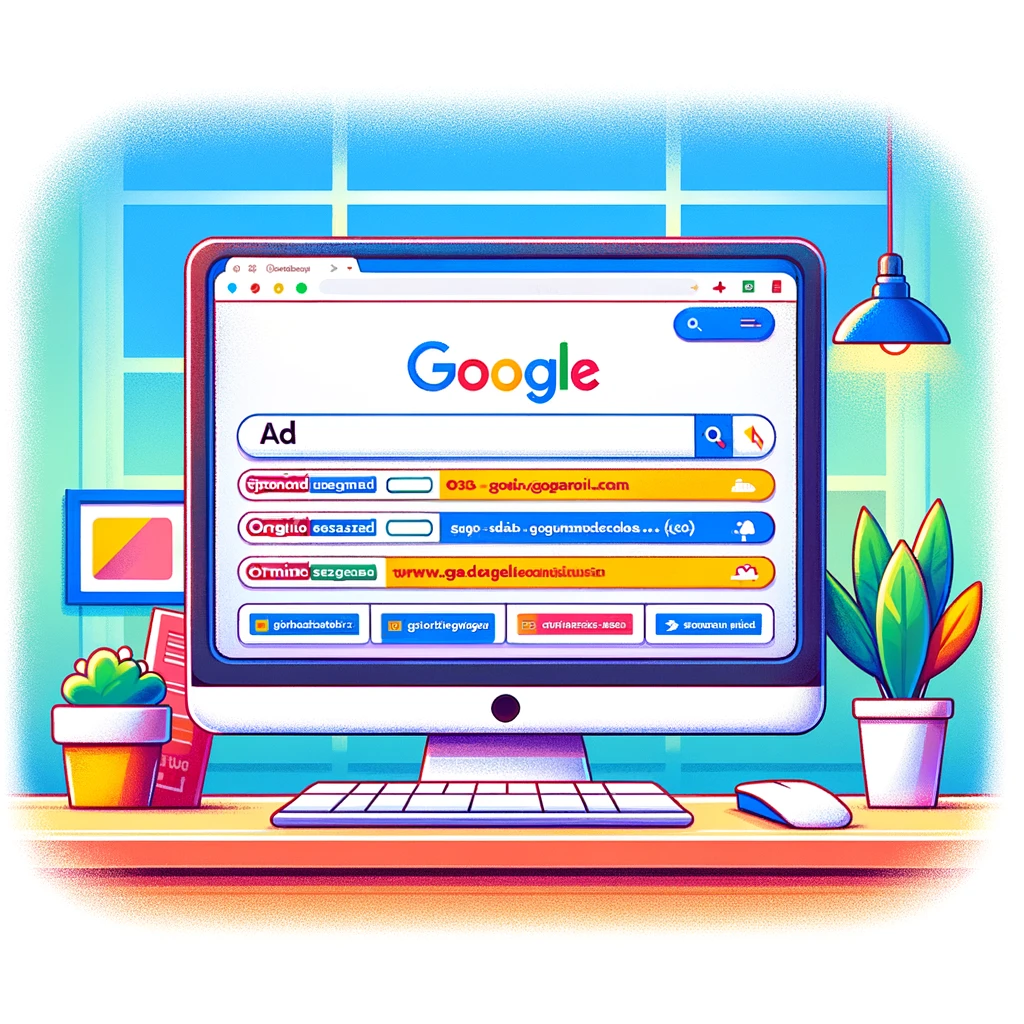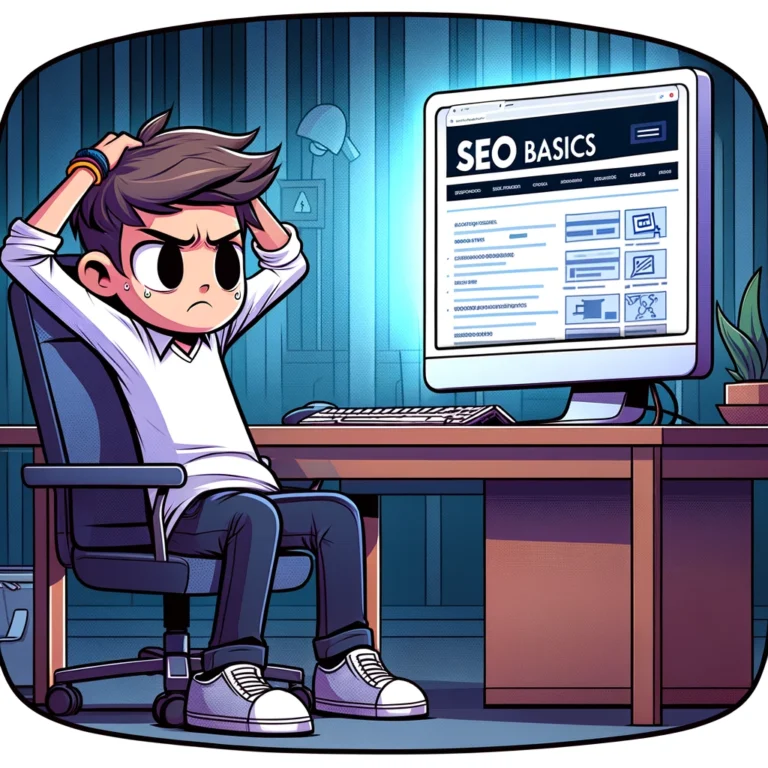In the dynamic world of digital marketing, understanding the relationship between Search Engine Optimization (SEO) and Pay-Per-Click (PPC) advertising is crucial for anyone looking to enhance their online presence. Both SEO and PPC are fundamental components of a successful digital marketing strategy, yet they serve different purposes and function in different ways. This article will delve into how these two strategies relate, complement, and sometimes compete with each other, providing you with a practical understanding that you can apply to your own marketing efforts.
What is SEO?
SEO refers to the practice of optimizing a website to rank higher in organic search engine results. The goal is to increase the quantity and quality of traffic to your site through natural search engine results. SEO involves various techniques including keyword research, content creation, link building, and technical website improvements. The essence of SEO is about making your website more appealing to search engines as a valuable and relevant source for users’ queries.
What is PPC?
PPC stands for Pay-Per-Click, a model of internet marketing in which advertisers pay a fee each time one of their ads is clicked. Essentially, it’s a way of buying visits to your site, rather than attempting to earn those visits organically through SEO. PPC ads can appear in search engines like Google or Bing or on social platforms like Facebook and LinkedIn. The most common type of PPC is search engine advertising, which allows advertisers to bid for ad placement in a search engine’s sponsored links when someone searches on a keyword related to their business offering.
How SEO and PPC Work Together
While SEO and PPC serve different digital marketing needs, they are not mutually exclusive. Here’s how they complement each other:
- Visibility – Using both SEO and PPC can increase overall visibility on the search engine results pages (SERPs). PPC ads give you top placement on the results page, while a strong SEO strategy can secure you a prominent organic ranking. This dual presence can significantly enhance your brand’s credibility and the user’s trust.
- Shared Keywords – Data from PPC can inform your SEO strategy. By determining which PPC keywords generate the most profit, you can better understand which keywords to target with your SEO efforts. Conversely, SEO can identify organic keywords that perform well and can be used to enhance PPC campaigns.
- Improved Click-Through Rates – Having both PPC ads and organic search results appear at the same time often results in higher click-through rates for both. This can lead to increased traffic and a higher conversion rate as both strategies reinforce each other.
- Testing and Immediate Results – PPC is a great way to test strategies because it provides immediate results. You can test different keywords, ad copy, and approaches to see what works best. The instant feedback from PPC campaigns provides invaluable data that can be fed into your organic SEO strategies, refining your approach to content and keywords.
- Remarketing Opportunities – PPC allows for remarkable targeting options, including showing ads to users who’ve visited your site but didn’t convert. SEO attracts visitors to the site, and PPC can help bring them back, increasing the chances of conversion through repeated exposure.
Integrating SEO and PPC for Maximum Impact
To fully leverage the relationship between SEO and PPC, consider the following integration strategies:
- Consistent Messaging and Aesthetic – Ensure that your ads and organic listings convey a consistent message and aesthetic. This uniformity helps in building a reliable brand image across all platforms.
- Comprehensive Keyword Strategy – Use a blend of both PPC and SEO data to develop a comprehensive keyword strategy that covers all bases from quick wins with PPC to long-term investments in organic SEO.
- Performance Analysis – Regularly review the performance data from both SEO and PPC. This analysis will help you adjust strategies in real time, optimizing your overall marketing spend and strategy.
- Balanced Investment – Balance your investments in both SEO and PPC. While PPC offers quick results, SEO is a long-term strategy. A balanced approach ensures sustained growth and visibility.
The synergy between SEO and PPC is undeniable. When used together, they provide a comprehensive digital marketing strategy that can navigate the complexities of today’s competitive online landscape. By understanding how they complement each other and how to leverage each for maximum benefit, you can more effectively drive traffic, improve engagement, and increase conversions. Embracing both SEO and PPC in your marketing efforts will not only enhance your visibility but also build a stronger, more resilient online presence.

Understanding the nuances of how SEO and PPC affect each other and how they can be orchestrated together can transform a digital marketing strategy from good to great. Here are further considerations and strategic implementations for optimizing the relationship between SEO and PPC in your marketing efforts.
Enhancing Content Strategy with SEO and PPC Insights
One of the most impactful ways to use SEO and PPC together is by leveraging the insights from both to enhance your content strategy. PPC campaigns can quickly test different content variations to see what resonates most with audiences. This information can then inform your SEO content, helping to craft blog posts, articles, and landing pages that are more likely to engage and convert organically.
For instance, if a particular ad copy or landing page layout results in a high conversion rate in PPC, these elements can be mirrored in organic content to potentially replicate success without the direct cost per click. Furthermore, SEO can discover new content opportunities through keyword trends that PPC might miss, due to budget constraints or bid costs.
Balancing Budget and Effort
Understanding where to allocate your budget between SEO and PPC can significantly affect your marketing efficiency. Typically, PPC requires a budget to keep the traffic flowing, whereas SEO is more of a long-term investment that builds momentum over time. New businesses might spend more on PPC early on for immediate visibility while gradually building an SEO foundation. Established websites might focus more on SEO to reduce reliance on paid traffic, using PPC for specific campaigns or product launches.
It’s essential to analyze the cost-effectiveness of each channel regularly. For example, if PPC is becoming prohibitively expensive due to high competition, it might be more cost-efficient to invest in SEO improvements that bring long-term organic traffic at a lower cost per acquisition.
Harnessing the Power of Local Search
Both SEO and PPC can be tailored to target local search queries, which is crucial for businesses that operate on a regional level. SEO strategies like optimizing for “near me” searches and local keywords can be complemented by localized PPC campaigns. This ensures that whether a potential customer is clicking on a paid ad or a natural search result, they find your business when they are looking for local services.
Strategic Use of E-Commerce Channels
For e-commerce businesses, integrating SEO and PPC goes beyond just Google or Bing. Platforms like Amazon, eBay, and Etsy also support paid advertising and are heavily influenced by organic search practices. Using SEO principles can improve product listings and descriptions, which enhances visibility and sales. PPC can be used to promote specific products more aggressively during high sales periods like holidays.
Measuring Success and Adjusting Strategies
Finally, an integral part of using SEO and PPC together is the ability to measure and understand their impact. Using tools like Google Analytics, businesses can track which channel brings more traffic, conversions, and a higher return on investment. This data allows marketers to adjust their strategies dynamically, shifting focus between SEO and PPC depending on performance, seasonal trends, or budget changes.
Conclusion
Both SEO and PPC have unique strengths that, when combined, offer a dual strategy that maximizes online visibility and increases conversion opportunities. By understanding and implementing the strategic use of both, businesses can achieve more comprehensive search engine dominance, drive more traffic, and create more opportunities for conversion. Whether you’re just starting out or looking to optimize an existing digital marketing strategy, considering how SEO and PPC can work together is crucial for success in the competitive digital landscape.



